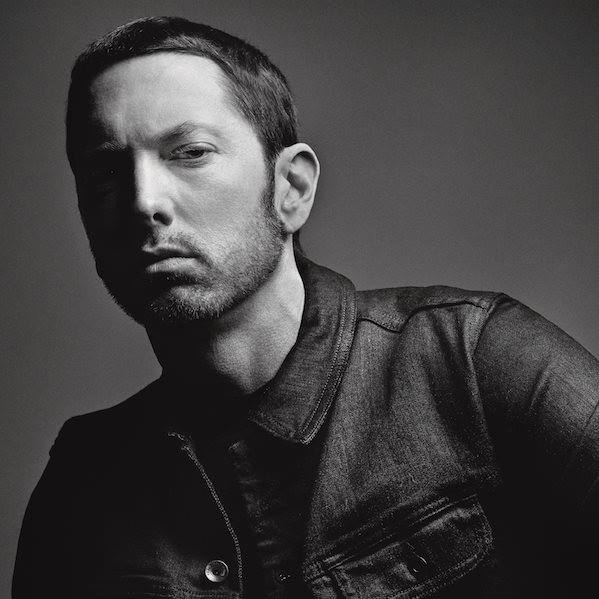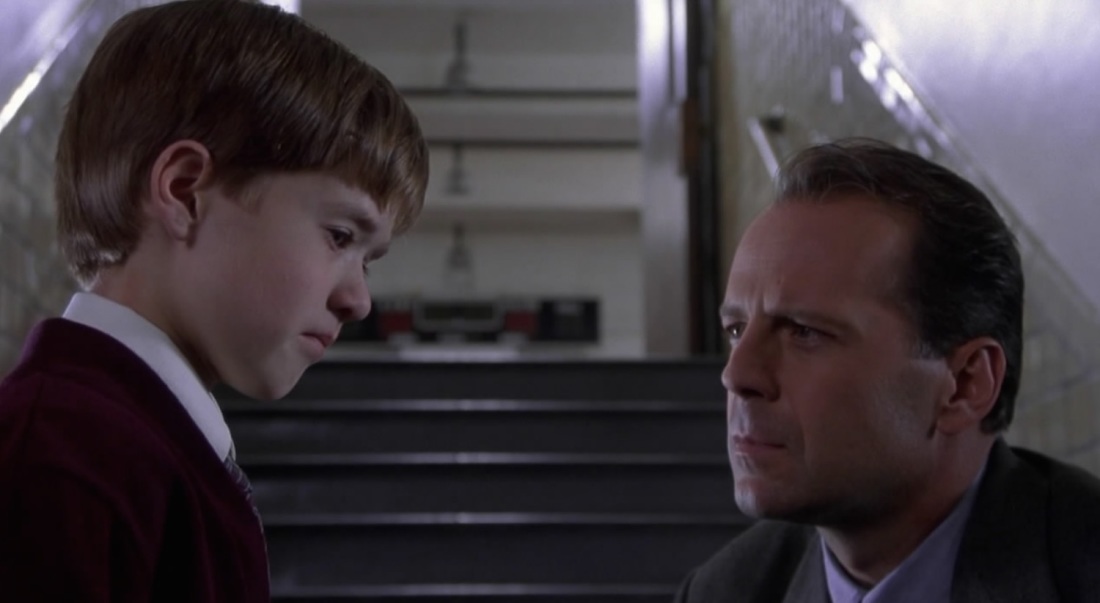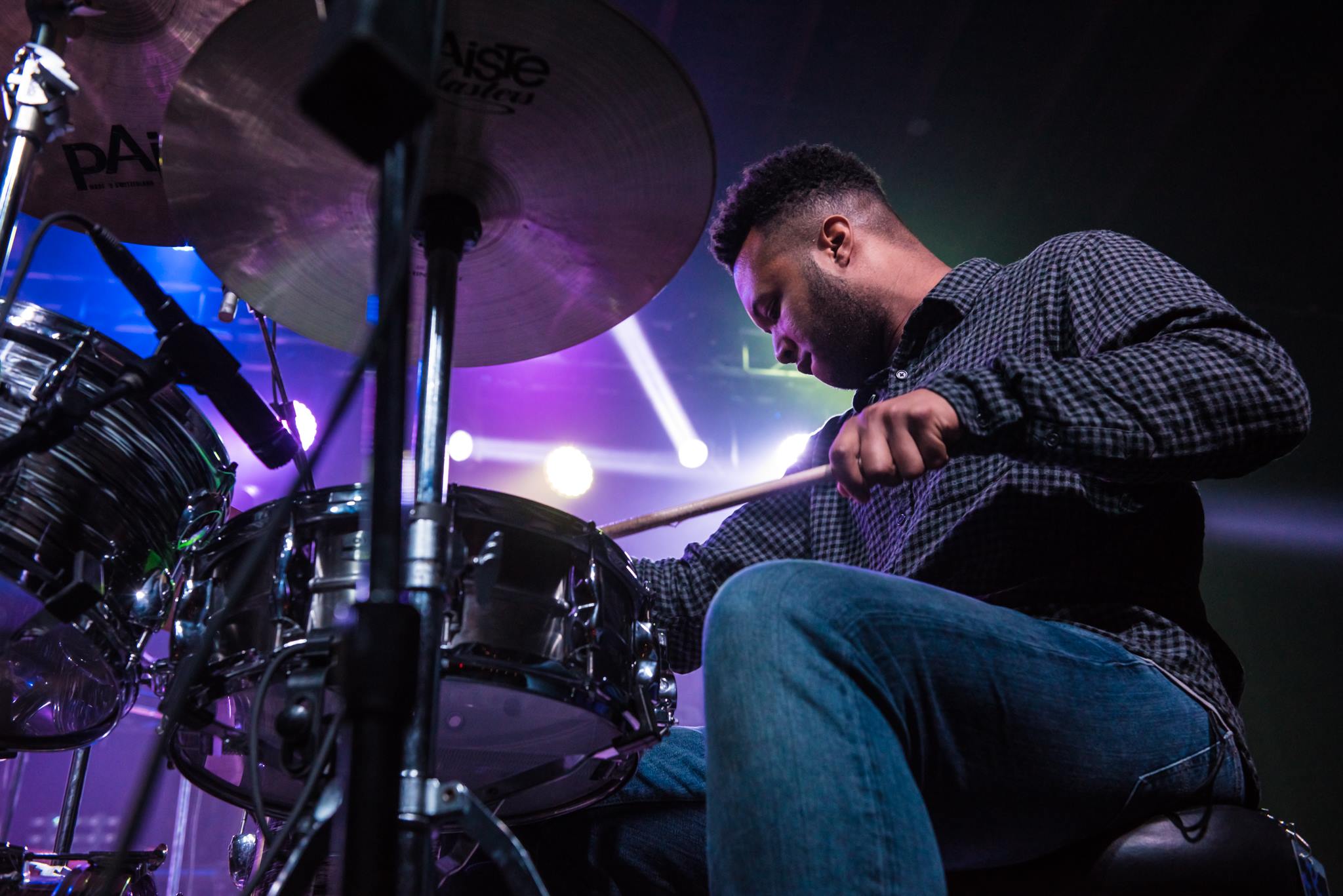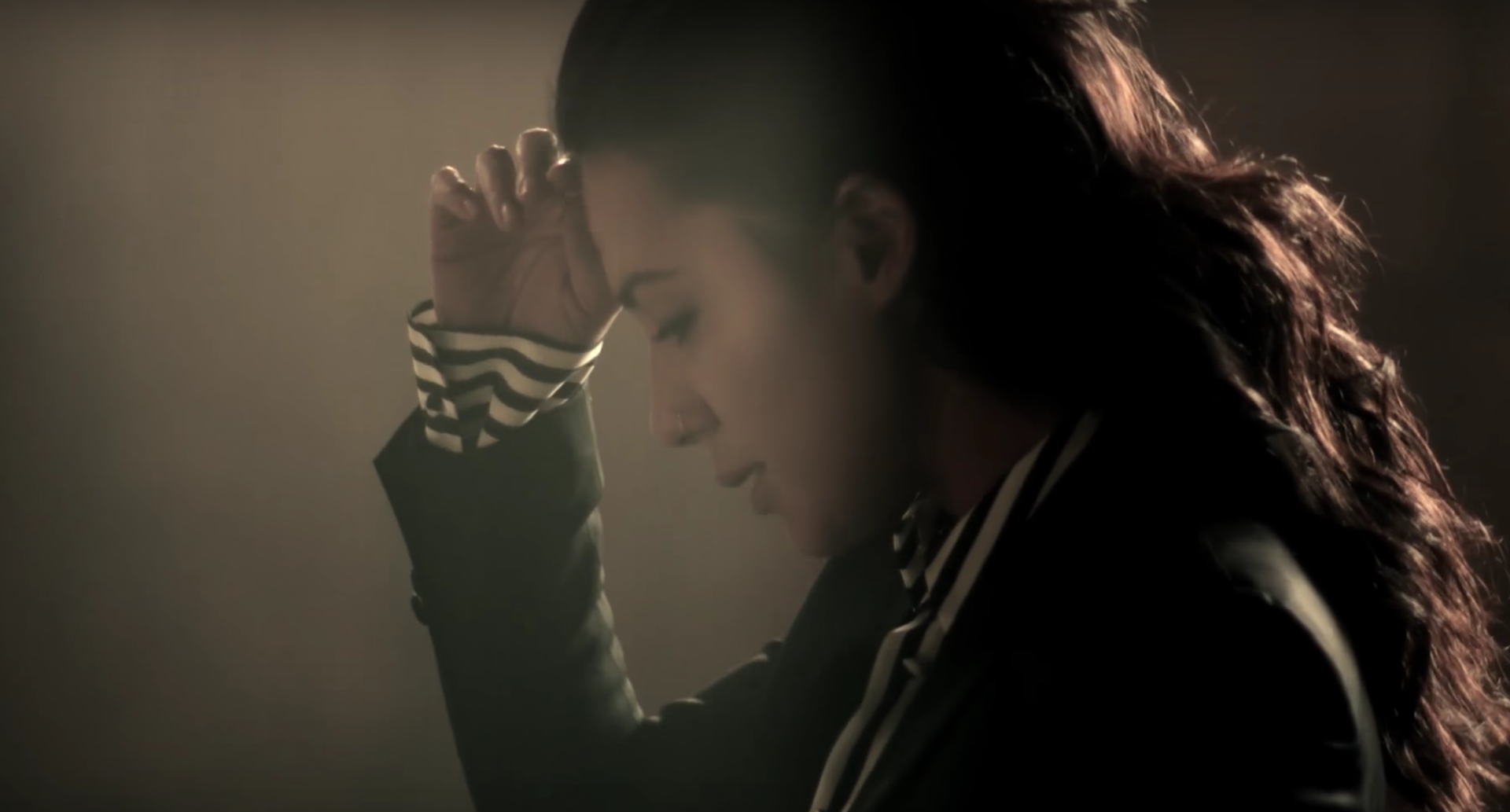The opening of Eminem‘s ninth studio album, Revival begins with “Walk On Water.” No beats. No stationary jabs at some current pop culture icon. Just simple piano. The standard with previous Eminem albums is a more playful first single besides the motivational “Not Afraid.” Eminem’s much famous alter ego, Slim Shady usually serves as an ice breaker. The conversation starter. A gateway to whatever state of consciousness that Eminem has at the time. Providing art for the world to hear is a nerve wracking process, even if you are considered one of the best of all time.
As Beyonce sings the chorus, Eminem is dejected. Frustrated. Ripping up paper in trying to find the perfect rhyme. Perhaps all the critiques and landings that didn’t stick all the way have finally broken through Slim Shady and into the gifted word smith. This is distinctly different than the final sentiments that we left him with 2013’s The Marshall Mathers LP 2. The last song, “Evil Twin,” had the proclamation of
Fuck top five, bitch, I’m top four
And that includes Biggie and Pac, whore
And I got an Evil Twin
So who the fuck do you think that third and that fourth spot’s for?.
It’s fascinating to hear Eminem throw their hands up and state: I’m not God-sent, Nas, Rakim, ‘Pac, B.I.G., James Todd Smith
And I’m not Prince, so….
There are some compelling things about Revival, but it serves as a summary of both Relapse and Recovery. It’s an artist who is trying to figure out where to go next. Since 2013, the hip hop game has changed noticeably. You have artists like Kendrick Lamar and Rapsody, just to name a couple from 2017 alone, put together these cohesive and thought provoking albums that shows their artist. You also have the onslaught of what many would call “mumble rap” with acts like Lil Pump and Lil Yachty. It feels like it’s been almost a lifetime since Eminem’s last project. In an interview, Eminem’s own frustrations with the new generation are stated. “Believe,” follows “Walk On Water” and within chronicling his rise, he asks fans if they still believe in him.
Eminem has always been the lyrical bully, whether it be Moby or Kevin Federline. “Chloraseptic” has it’s roots in aiming at this new generation of rap. Even going the lengths of miming similar cadences that are popular. One has to wonder, as the overarching theme of the album is doubt, while Eminem stands for lyricism, is the root of the anger now because the perception is that he is in decline. Remember “Talkin 2′ Myself” from 2010’s Recovery:
I almost made a song dissin’ Lil Wayne
It’s like I was jealous of him ’cause of the attention he was gettin’
I felt horrible about myself, he was spittin’
And I wasn’t, anyone who was buzzin’ back then coulda got it
Almost went at Kanye too,
In some ways, Revival falls back into bad habits. “Remind Me” and “Heat,” both produced by Rick Rubin, sampled Joan Jett’s “I Love Rock and Roll” and “Intro (Feel The Heat) from Boogie Nights, respectively. They both feel too reminiscent of “Berserk” from TMMLP2. From that, there’s a need to show his lyrical prowess that sometimes get away in the song. The second half of “Untouchable” and “Offended” (Offended is reminiscent of “Rap God) feels like that Eminem is trying to prove that he still can rap on an top level instead of following the where the song takes him.
One of the strengths that Eminem has had over the years is being a story teller within the confines of the music. Like “Campaign Speech,” it felt like he tried to pack so much where his clever rhymes lost some of their impacts. There are so many contributions from artists like Pink, Kehlani, and X-Ambassadors that these collaborations lose their importance because there are so many. Songs like “Love The Way You Lie” featuring Rihanna felt real because there was so much space between how they were sequenced.
Throughout his career, Eminem needs a foil. A target. It’s like Joker needing Batman. The main story plot is Eminem warring with his own legacy. The sub plot on album in particular, is President Trump. Like his much storied freestyle during the 2017 BET hip-hop cypher Eminem arms his lyrical vitriol at Trump on the anthematic “Like Home.” The inclusion of Alicia Keys hearkens back to her working with Jay-Z on “NY State of Mind.” Eminem also examines at police brutality and racial injustice on “Untouchable,” where he assumes identities from both a white and black man.
Some of the most interesting things in an album can be the parts that are not spoken. On the cover of Revival, it’s the American flag with a picture of Eminem with his face in his hand, disgusted. In part, this is in reference to the state of the country. However, you have to look at this from a macro cosmic standpoint. Early in this career, Eminem was the poster child as being the anti-pop star. Much of 2000’s The Marshall Mathers LP became the target of activist groups and angry parents. The opening of 2002’s The Eminem Show was “White America,” a big middle finger to all of that.
White America, I could be one of your kids
White America, little Eric looks just like this
White America, Erica loves my shit
Some of these songs are rooted in regret. We live in a weird time where decorum has been sacrificed for brashness to an extent. Along with decline, you can take it as Eminem possibly regretting some of the Frankenstein that he may have built indirectly. If you recall, during the BET cypher, Eminem casts away a certain part of his fan base that may be a supporter of President Trump.
Eminem atones for his sins in other ways as well. “Bad Husband” is an apology to his ex-wife Kim, a person that felt the brunt of lyrical anger in previous albums. “Castle” is comprised of letters to his oldest daughter, Hallie Jay and subjecting her to how demonizing fame can be.
The rap god is indeed mortal. 2009’s Relapse is a glaring example of that mortality. Met with lukewarm reception, it’s a project that still haunts Eminem even eight years later. He still refers to as an artistic downfall on Revival. On “In Your Head,” as the sample from The Cranberries “Zombie”
To right where I was and perhaps
This coulda been my victory lap if I wasn’t on the verge of Relapse
It takes a little bit of work to get to the meat of the album. At the heart is where stories are told and you can visualize what Eminem is saying. “River,” the best song from a collaborative effort featuring Ed Sheeran has Eminem in a twisted love triangle. “Castle,” and “Arose,” recalls Eminem’s fight with addiction in 2007. How the tracks tie in together has a cinematic feel to it and is some of the strongest material on Revival. “Framed” recalls the horrorcore songs that highlighted Slim Shady. One of the only tracks where Eminem exudes joy in a very emotionally-heavy album.
If you look at the “R” trilogy like a movie franchise, they are different stages both in Eminem’s life and artistry. Relapse was Eminem learning to walk again. Seeing if he can dive into his craft with new found sobriety. Recovery was Eminem speaking from a place of strength. There’s a Rocky running up the museum stairs feel about it. Artistically, the album reinvigorated him Revival is a mixed bag of everything. In Arose, Eminem stays:
To rewrite a mistake, I’m rewinding the tape.
This album feels like Eminem is trying to exercise the ghosts of Relapse past. It’s about looking dead in the face of your artistic mortality. “Where is my place in all this?” As great as Eminem is, listening to this album, you wish that he would let bygones be bygones with some parts of his legacy. We get reoccurring themes instead of seeing where Eminem can go next. There is no way that you can undo Relapse, but with Revival, it feels like an













